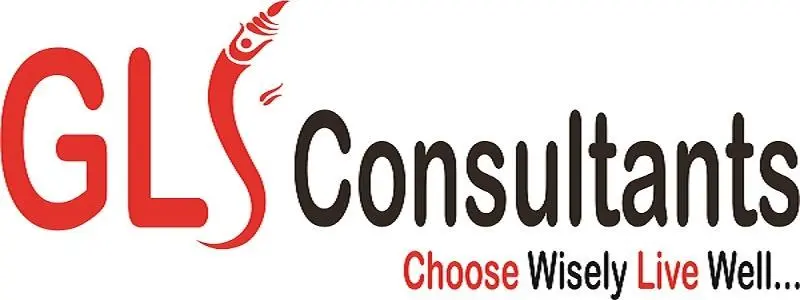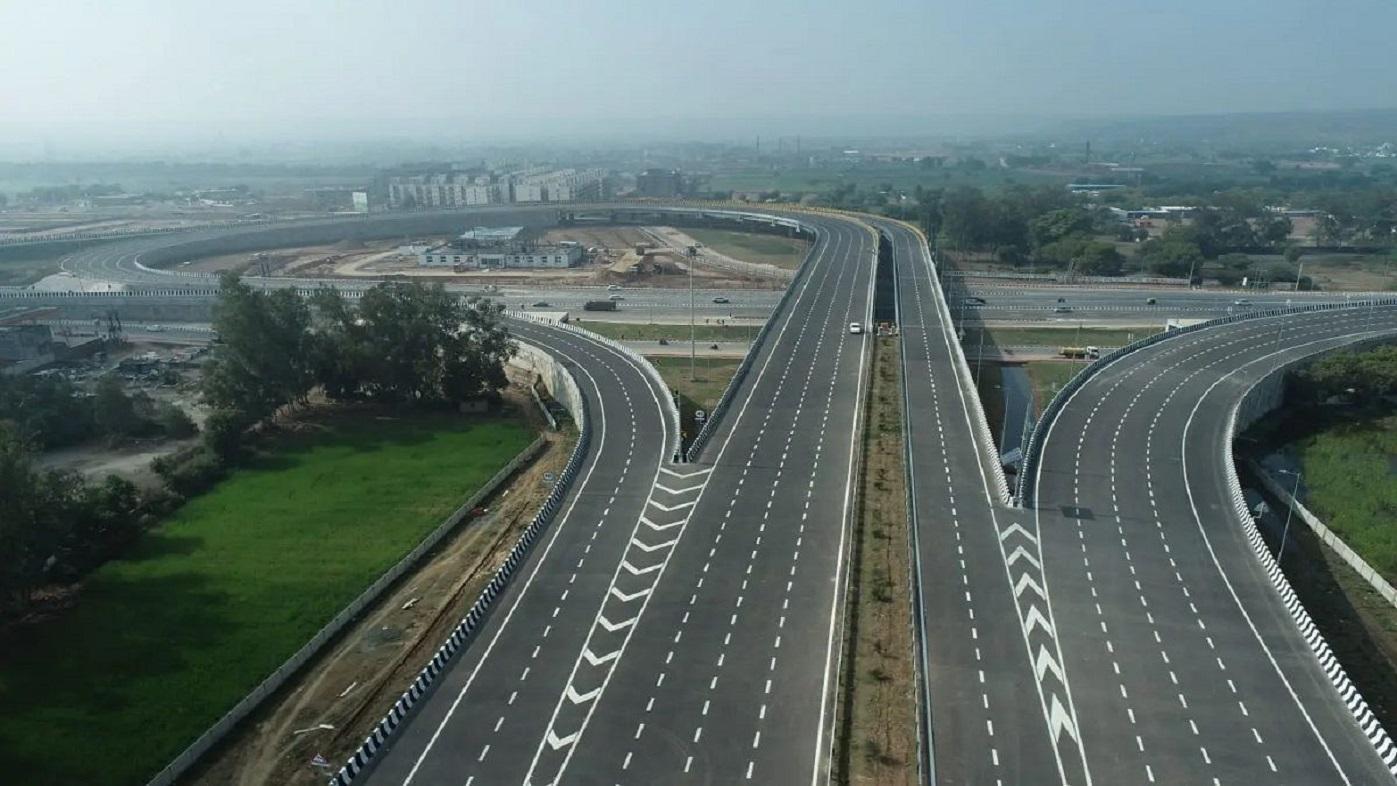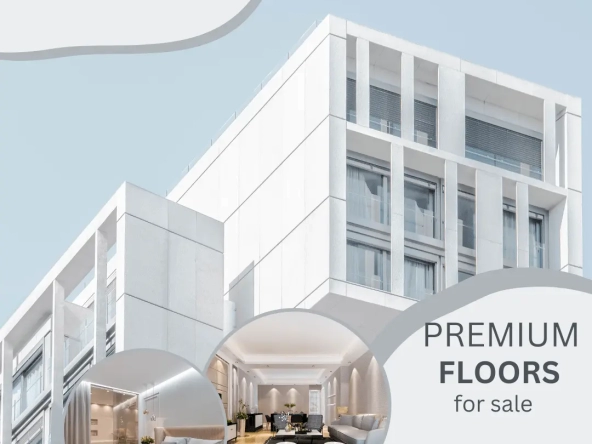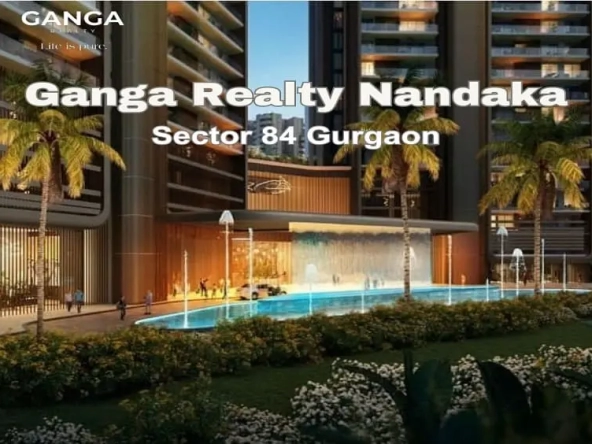Delhi-Mumbai Expressway will support economic growth: Modi
Phase 1 is already open and will reduce travel time to New Delhi from Delhi and Jaipur to 3.5 hours on February 12.
The Western Dedicated Freight Corridor (WDFC) and the Delhi-Mumbai Expressway (DME) would be the two strong pillars of the nation’s economic development, according to Prime Minister (PM) Narendra Modi, who spoke on Sunday during the opening of the DME’s first phase.
The PM spoke in Rajasthan, which will hold elections later this year, saying that “these two projects will transform Rajasthan and the entire region, along with strengthening the Delhi-Mumbai Industrial Corridor.”
One of the most costly and significant infrastructure projects for the Center is the DME. The 246-kilometer motorway segment between Delhi and Lalsot, which was opened on Sunday, is anticipated to reduce travel time between Delhi and Jaipur to three and a half hours.
With regard to the expressway’s provision of dedicated corridors for the installation of optical fibre cables for 5G, gas pipelines, warehouses, and solar plants, Modi highlighted that the expressway’s comprehensive planning will save crores of rupees and time.
The Prime Minister’s Office issued a statement in which it stated that “the highway would have a catalytic impact in the developmental trajectory of all adjacent regions, therefore contributing in a major way to the economic transformation of the country.”
Speaking at the same event, Union Highways Minister Nitin Gadkari said that while motorways now have a 120 km/h speed restriction, access-controlled greenfield motorways have the potential for significantly higher speeds. He continued by saying that the Centre is now considering raising the top speed limits on these routes.
The Prime Minister claimed that India is leading the globe in the environmental sector and that it was an issue of national pride for India to be hosting the G20. After kicking off a year-long celebration honouring social reformer Dayanand Saraswati’s 200th birthday, he declared that the nation is moving forward on the parallel tracks of “virasat” (legacy) and “vikas” (progress). (With help from PTI)
THE CROWN JEWEL OF INDIA’S ROAD INFRA
India’s most ambitious road infrastructure project, the Delhi-Mumbai Expressway (DME), was officially opened on Sunday by Prime Minister Narendra Modi. The Delhi-Dausa-Lalsot portion of the greenfield motorway is anticipated to reduce traffic on the existing Delhi-Jaipur National Highway and reduce travel time between Delhi and Jaipur by more than one and a half hours. The project, which is the Bharatmala Pariyojana of the Centre’s crown jewel, is anticipated to be finished in 2024.
The 246-kilometer segment was built for more than Rs. 12,150 crore. The operationalization of this division is anticipated to play a significant role in the Center’s long-term goal of reducing the cost of national logistics to 7-8% of the GDP.
KNOW THE PROJECT
- The longest highway in the nation, bringing the distance between Delhi and Mumbai down to 1,242 km from 1,424 km.
- Travel time: 12 hours, down from the current 24 hours
- States: Gujarat, Madhya Pradesh, Rajasthan, Delhi, Haryana, and Maharashtra 93 PM was connected to Gati Shakti economic nodes, 13 ports, 8 major airports, Jawaharlal Nehru Port, 8 upcoming multi-modal logistics parks, and upcoming greenfield airports like Jewar Airport and Navi Mumbai Airport (Top) Delhi- Mumbai Expressway (DME); Prime Minister Narendra Modi (left) at the Sunday inauguration of the Delhi- Dausa-Lalsot section of the DME in Dausa.
WHAT SET’S DME APART
- 8-lane motorway with access controls (can be expanded to 12 lanes)
- 15,000 hectares of land bought for the project
- 94 roadside facilities are being built: Along with trucker facilities like parking, garages, commercial spaces, and logistics parks, travel amenities include restaurants, lodging, hospitals, food courts, and gas stations.
- Helicopter landing strips and drone ports will be built inside the motorway.
- a system for automatic traffic management
- Dedicated space for gas pipelines and optical fibre connections
- HARYANA Delhi
- spur
- Jaipur
- RAJASTHAN
- GUJARAT
- UTTAR PRADESH
- MADHYA PRADESH
- Surat
- MAHARASHTRA
- Mumbai
- JNPT spur
COST OF CONSTRUCTION 98,299 crore
- 8 million million tonnes of cement and 1 million tonnes of steel
- 100 million working days STATUS CHECK 1,386 km 1,368 km total length 750+ kilometres given as length finished length EXPECTED COMPLETION Delhi-Faridabad-Sohna FY24 (91 km) Delhi-Vadodara (845 km) (845 km) Vadodara-Mumbai FY25 (450 km)




